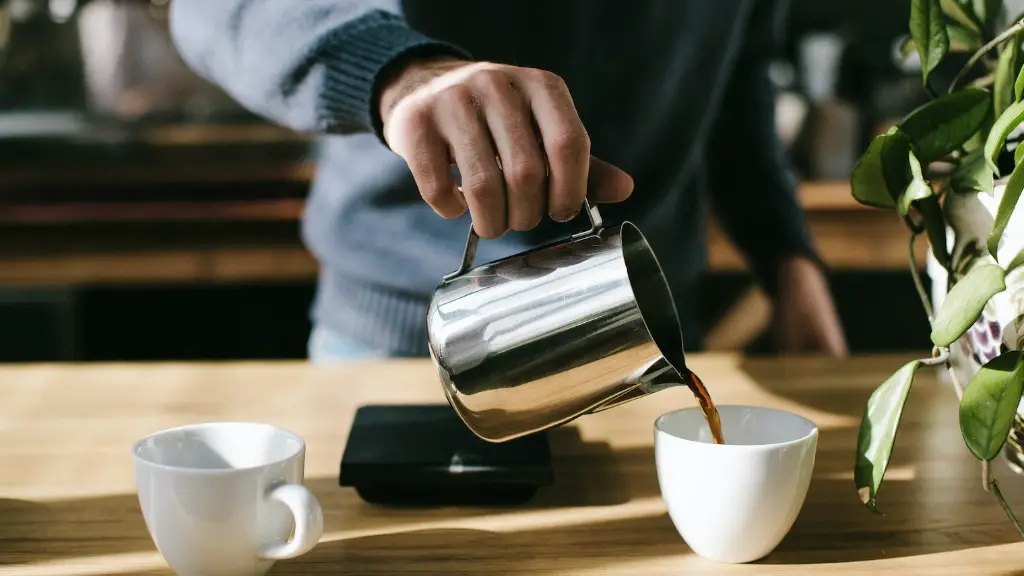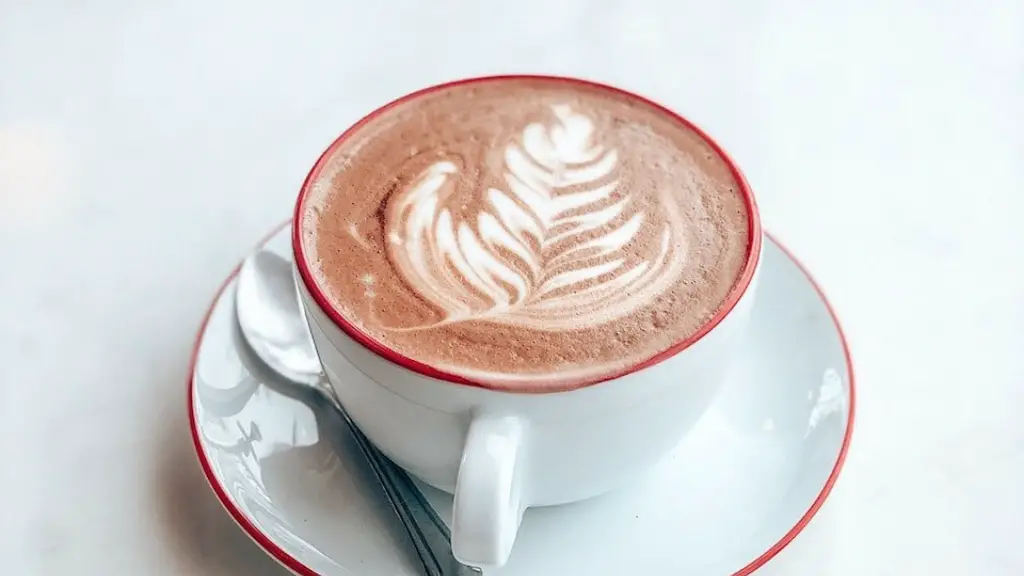Coffee is perhaps one of the most popular drinks in the world. It is enjoyed on a daily basis by many people as it provides energy, focus, and helps in numerous cognitive tasks.
But is coffee right before sleep a good idea? To answer this question, let’s first talk about what caffeine does to our brain.
When we consume caffeine, it binds to adenosine receptors in the brain that keep us awake. This gives us the energy boost and focus we so often seek. Caffeine also helps to activate dopamine receptors and releases dopamine, making us feel more awake and alert.
However, caffeine does more than just wake us up. Depending on your body chemistry, caffeine may continue to work its way through your system for up to twelve hours after you consume it. On the other hand, caffeine can pass through your body much faster, taking just six hours.
This means that having coffee before bed can throw off your sleep schedule, as caffeine will likely still be working in your system during your normal sleeping hours. The longer the caffeine is interacting with your body, the more it will disrupt your sleep.
Furthermore, it has been shown that consuming caffeine at night can lead to increased risk of stress, fatigue, mood swings, night sweats, and restlessness. For people with anxiety or insomnia, caffeine before bed can also worsen their symptoms.
However, on the flip side, caffeine may help to reduce the amount of time it takes for you to actually fall asleep. In moderation, caffeine can decrease the amount of time it takes for you to reach the deep sleep stages. It also increases your natural alertness throughout the day, which can be beneficial for some people.
What is The Best Time For Coffee?
The best time to have coffee is generally before noon. This is because caffeine has a half-life of six to twelve hours, which means it will still be in your bloodstream while you attempt to sleep. Additionally, having coffee in the morning or afternoon will provide you with the energy boost and focus you need during the day.
Having said that, if you need an extra energy boost in the afternoon, it is best to have decaffeinated coffee. Decaffeinated coffee still helps with focus and alertness, but without the caffeine.
Do You Have to Avoid All Coffee Before Bed?
No, you do not have to avoid all coffee before bed. In moderation, and if you don’t suffer from anxiety or insomnia, it might be beneficial for you to have a cup of decaffeinated coffee before bed. This won’t keep you up as late and will help with your alertness throughout the day.
That being said, it is best to avoid caffeine after two or three pm if you are having difficulty sleeping. Too much caffeine in the evening will reduce the quality and length of your sleep.
Should You Stop Drinking Coffee Before Sleep?
Whether or not you should stop drinking coffee before sleep depends on your individual situation. If you have trouble sleeping, it is best to avoid caffeine altogether in the evening. If you’re someone who needs an extra energy boost in the afternoon, it is best to opt for decaffeinated coffee.
It is also important to be mindful of other foods and drinks you consume when drinking coffee. For example, it is best to avoid alcohol and sugary drinks when having coffee as they can lead to poor sleep quality. Additionally, drinking coffee with a lot of sugar will give you an energy crash and might make it harder for you to sleep later.
Benefits of Coffee Before Sleep
In moderation and if consumed correctly, coffee can actually be beneficial before sleep. Having a cup of decaffeinated coffee in the afternoon can provide you with an extra energy boost without disrupting your sleep.
Additionally, coffee can help to reduce the amount of time it takes for you to fall asleep. In fact, some studies have shown that in moderation and if consumed correctly, coffee can actually improve sleep quality.
Are Alternatives Better?
If you’re looking for an alternative to coffee before bed, there are a variety of options. Herbal teas such as chamomile and lavender contain calming ingredients that may help to promote relaxation. Other alternatives include drinking warm milk and taking a hot bath.
If you’re trying to stay away from caffeine but still need an afternoon energy boost, studies have shown that exercising in the afternoon can be beneficial. Additionally, taking a power nap in the afternoon may help to reduce fatigue and increase alertness.
Summary of Pros and Cons
The pros of having coffee before bed are that in moderation, it may help to reduce the amount of time it takes for you to fall asleep and help with daytime alertness. It can also provide an extra energy boost in the afternoon.
The cons of having coffee before bed are that it can disrupt your sleep schedule, increase risk of stress and fatigue, lead to night sweats and restlessness, and worsen symptoms of anxiety or insomnia. Additionally, consuming coffee with a lot of sugar or other foods can decrease energy and quality of sleep.
Conclusion
In conclusion, having coffee before sleep is a personal choice. Depending on your situation and your needs, coffee can be beneficial or detrimental to your sleep. It is important to be mindful of your body and know when to have coffee and when to avoid it.





